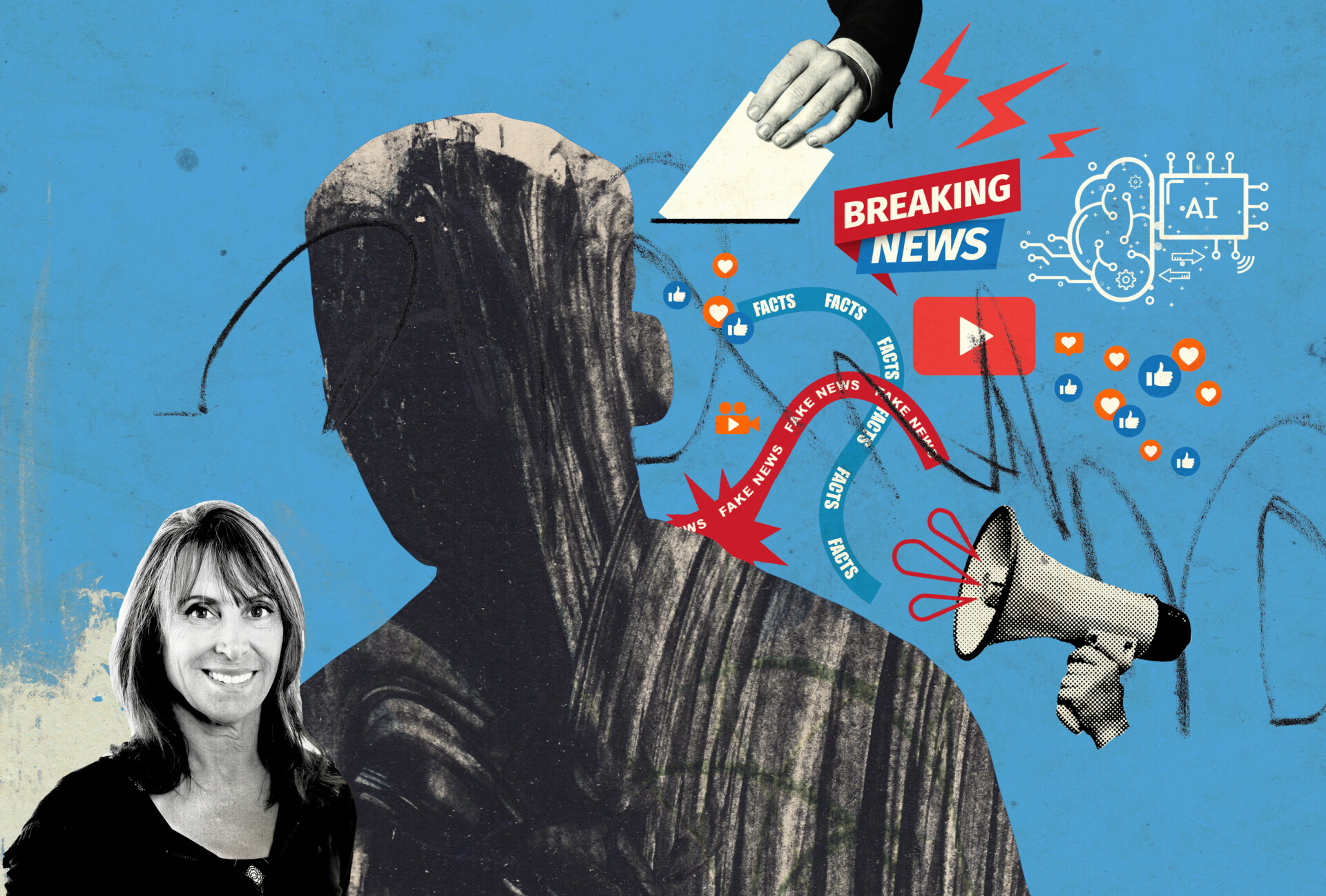Match Madness Recap

On March 20, 2021, Caltech Alumni faced off against MIT graduates for Match Madness, the Institutes’ first ever virtual chess tournament. Alumni competitors, spectators and chess fanatics watched online matches featuring Techers Jones Murphy (MS ’91), Joshua Gutman (BS ’06), Zach Rivkin (BS ’14), and Oscar Mickelin (MS ’16) take on MIT opponents Philip Rosenbach, Vasik Rajlich, Geoffrey Gelman, and Richard Yi.
The competition consisted of two mini-tournaments, one to determine the “champion” of each institute, before culminating in a final Beaver versus Beaver showdown. During the matches, Caltech Chess Club president, Tony Kukavica, joined MIT Chess Club president Tyrone Davis III and member Will Cuozzo to provide entertaining and enlightening color commentary. Virtual audience members used chat for good-natured heckling as well as to reconnect with old friends and competitors.
During the match, former Caltech competitor and Chess National Master, Jones Murphy reconnected with current MIT student, Tyrone Davis III, during the tournament. The two competed in the New York chess scene around the same time while Davis was only a child and proving himself to be one to watch.
“The world of chess has changed dramatically. A kid can mature in chess faster with today’s virtual resources,” Murphy said during the Zoom event. He also discussed being a part of one of the first ever virtual chess tournaments between Caltech, MIT, Harvard and Carnegie Mellon in 1988. Ultimately, Richard Yi of MIT won the tournament in a heated two-game final match with Caltech’s Gutman, running the clock down to the final second and claiming victory.
Related Articles
-

Miles and Miles of Mojave
Nick Van Buer, PhD (BS ’05), a geology professor at Cal Poly Pomona, trekked 530 miles across the Mojave Desert from January to March 2022 to explo...
-

Mother Nurture
Maneesh Jain, PhD (BS ’90) has spent his career seeking out the next scientific frontier, where rapid innovation can make a significant difference ...
-

Breaking News
AI, deepfakes, and misinformation are already complicating the political landscape. How can the American public navigate this election season?